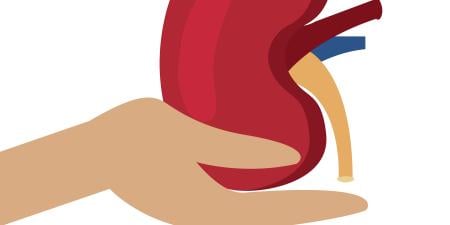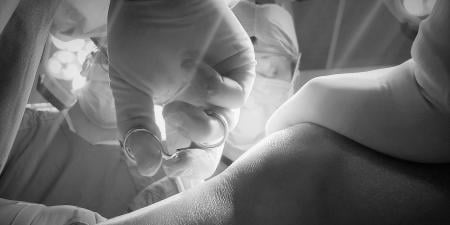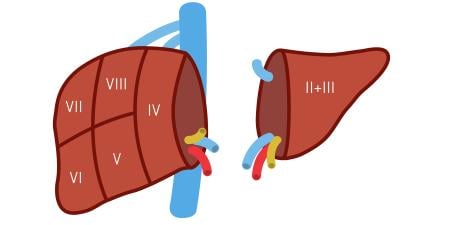A few months ago, during my renal pathophysiology course, I spent an afternoon in a dialysis unit, where I met Mark. Mark is just a few years older than I am, and we share a passion for professional football and a penchant for quoting Modern Family episodes. But we differ markedly in the health challenges we face. It is a matter of a few millimeters—his ureters did not connect to his bladder—that divides Mark and me. In utero, he suffered hydronephrosis and was born with neither kidney functioning properly. Today, both of his kidneys have failed, requiring 4 hours of hemodialysis three times a week to cleanse his blood artificially. Mark is upbeat and positive, but his only hope to return to the life he led before dialysis rests on a kidney transplant.
The simple idea of replacing an unhealthy organ with a healthy one was a dream early in the twentieth century. Due to the courage and passion of scientists, physicians, and patients, transplantation has become a viable therapy for a multitude of failed organs. The history of organ transplant is rich and diverse, but a good place to begin is 1954 at the Brigham and Women’s Hopsital in Boston, Massachusetts. A team of health professionals led by Drs. John Harrison, John Merill, and Joseph Murray conducted the first kidney transplant between identical twins. This seminal moment sparked an inquiry into transplantation that opened the window into what is now modern immunology, winning Nobel prizes and uncovering therapies that save countless lives. Today organ transplantation stands at a precipice, a new frontier. It has graduated from being simply a marvel of science and must now harness all of its capabilities to serve patients best.
With traditional clinical ethical values in mind, medical policies are constructed to facilitate best practices in which every patient is given an equal chance for an optimal clinical outcome. The arena of organ transplant, where the number of organs needed far exceeds the number available, challenges this ideal every day. As of February 14, 2012, 112,987 people were listed for an organ in America—with the numbers who need organs ever-growing—and in 2011, only 26,246 transplants were performed. Many patients go without, and 6,523 died waiting last year [1].
This issue of Virtual Mentor examines the many areas within organ transplantation worthy of rigorous intellectual inquiry. Seasoned clinicians and scholars have delved deeply into the major ethical and policy questions facing the field today including: how to find more organs for those in need without disregarding or undermining the best interests of potential donors, how to allocate direly scarce organs most fairly and efficiently, how to manage the costs of transplantation and posttransplantion care, and how to temper excitement about technological advancement with caution and sobriety.
This issue of Virtual Mentor is dedicated to all who currently wait for an organ and all those who may one day wait themselves. Together as health professionals we are charged with addressing this significant shortage; it is frightening for Mark and for us. But if we remember how far we have come in the short span of organ transplant history, we can imagine “oh, the places we’ll go!”
References
-
US Health Resources and Services Administration. Organ Procurement and Transplantation Network. http://optn.transplant.hrsa.gov/. Accessed February 14, 2012.



